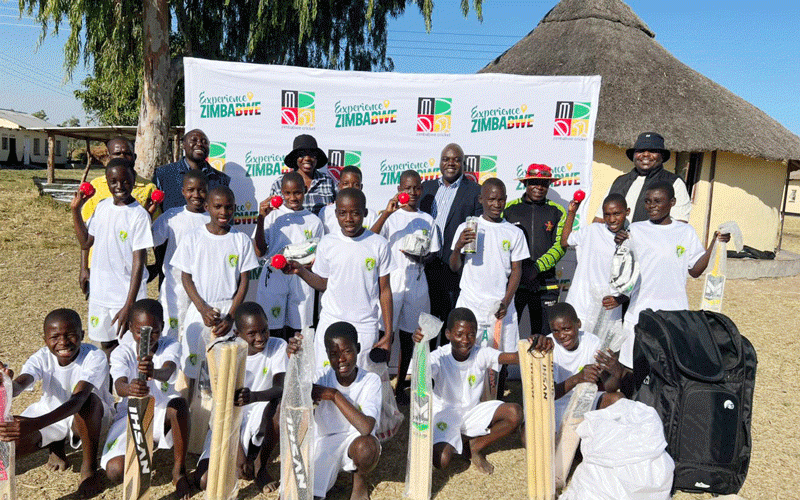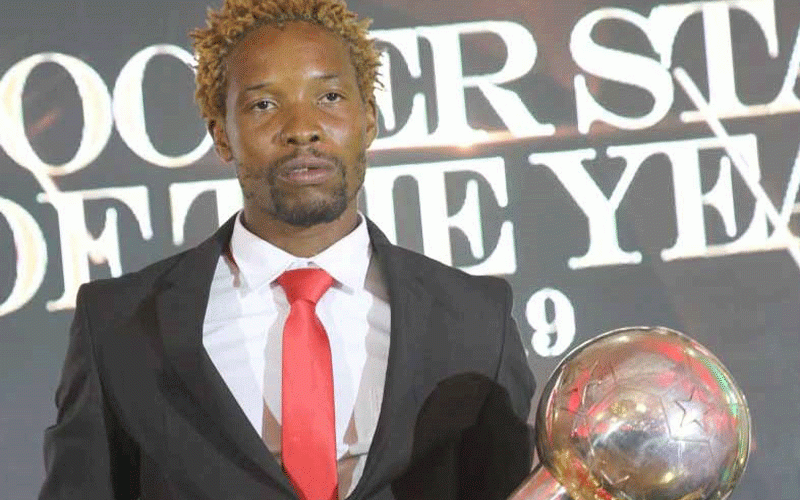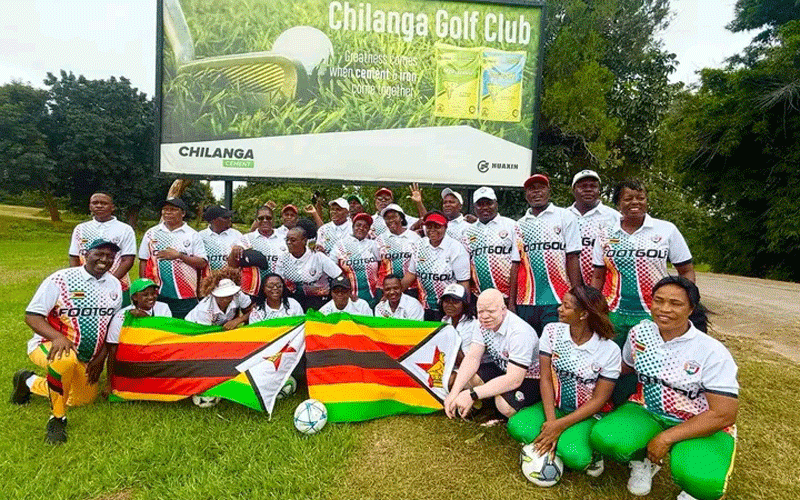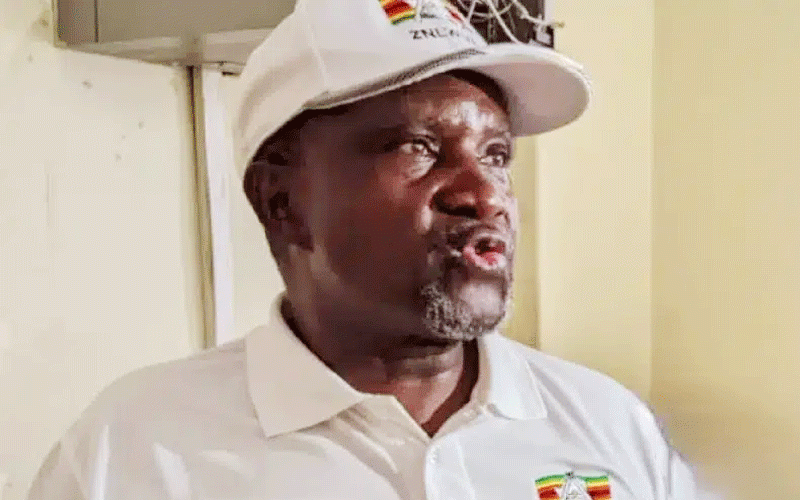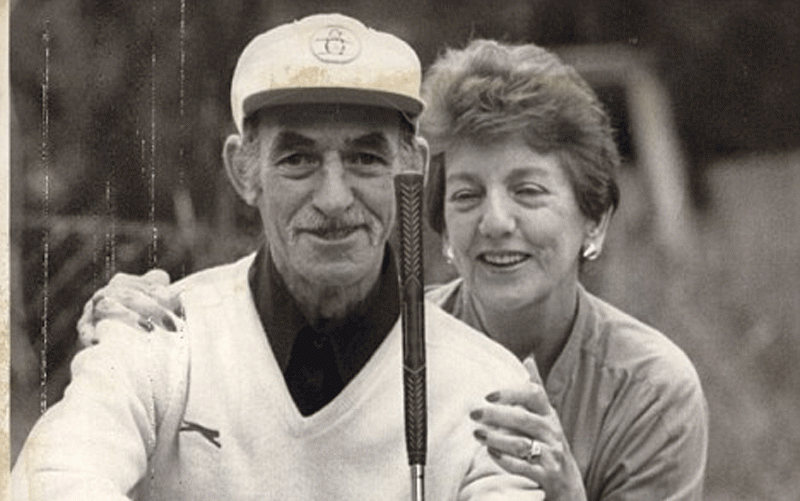
The name Maurice Flitcroft may not be familiar to many readers who have an interest in sport yet he made a massive impact in golf in the late 1970s. Of course, some might have known him as Gene Pacheki or Gerald Hoppy or James Beau Jolley or Arnold Palmtree or Count Manfred von Hoffmenstal; these were all the names he used to enter the oldest (and what is considered by many to be the greatest) golf tournament in the world, the Open Championship held each year on a different seaside golf course (referred to in golfing parlance as ‘links’) in the UK. His impact was for all the wrong reasons - although in another way it could be for all the right reasons.
Flitcroft happened one day, at the age of 45, to watch a game of golf on television and was so captivated by it that he bought a second-hand set of clubs and started to learn the game, when his full-time work allowed. He then decided that he would enter the Open Championship, even though he had never played a full round of golf (eighteen holes), because it said it was ‘open’, from which he deduced that anyone could enter. One newspaper report described his efforts as “a blizzard of triple and quadruple bogeys, ruined by a solitary par” and he finished with a score of 49 over par. In short, Flitcroft was celebrated in the press as “the plucky chancer who had conned the R&A”.
However, that was not enough for him. He entered the following year but his entry was denied. He then used aliases (mentioned above) on many occasions to enter and did manage to be accepted as a Swiss player called Gerald Hoppy before being exposed (through his dreadful golf) nine holes into the qualifying tournament. It all became known as the ‘Phantom of the Open’.
He was, in short, a con artist — a blatant and conniving one at that. As a result, strict regulations were put in place to avoid the embarrassment for the governing body. However, he was not the only sportsperson who has tried to con governing bodies. Players on the sports fields in many sports will look for ways to influence decisions, to change the impact on a game. Soccer players are noted for diving in extremely theatrical ways to try to have an opposing player sent off or a penalty awarded – remember when Cristiano Ronaldo was seen on television winking after he had managed to get his clubmate but international opponent Wayne Rooney sent off in a 2006 World Cup match?
Rugby players are also known to look to con referees. In a 1978 match against Wales, All Black Andy Haden intentionally dived out of a lineout to deceive the referee into awarding a penalty that helped New Zealand win the game. In a recent URC quarterfinal between Sharks and Munster, Jaden Hendrikse was seen on television winking at his opponent Jack Crowley, while being treated for an injury, sparking a debate online that he was time-wasting to build pressure on his opponent. Similarly, during a Heineken Cup match against Leinster in 2009, Tom Williams used a fake blood capsule to allow his team to make a late substitution, and was also caught on camera winking.
Yet, some will argue that that is all part of sport. In the same way that the esteemed educationist Ken Robinson noted that while the world (including schools) is calling out for youngsters to learn to collaborate, at school we call it ‘cheating’ — children must not get help from others — so in sport we may note how players are taught to con the opposition by faking a dummy pass, shot or move (whether by using their body or their eyes). In that context, it is seen to be acceptable. The consequence of conning is to gain an advantage. Sport is actually just one consequence after another, all of which could potentially lead to different and indeed dangerous end points.
We need then to note very carefully that if we do not take the manner in which we conduct sport at school seriously and correctly, there will be extremely serious consequences for the children, for the country as a whole and for the sport itself. If we do not teach values and principles in our school sport, then it will only increase at a professional level and indeed beyond sport at a personal, political and practical level. The consequences of Maurice Flitcroft entering the Open Championship may have been seen to have had a negative effect on sport but to a degree he showed a simple wholesome desire to try his best. We may only be conning ourselves if we think there are no consequences to us encouraging our children to cheat. Let them play — in the open.
- Kudos to our young champions
- In Full: Nineteenth post-cabinet press briefing: July 05, 2022
- Athletics team buzzing after Mauritius heroics
- Paranoid Zanu PF regime cannot be trusted with solving Zim’s problems

